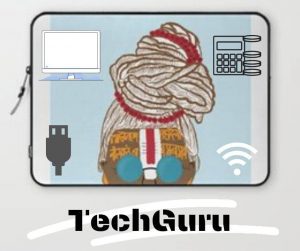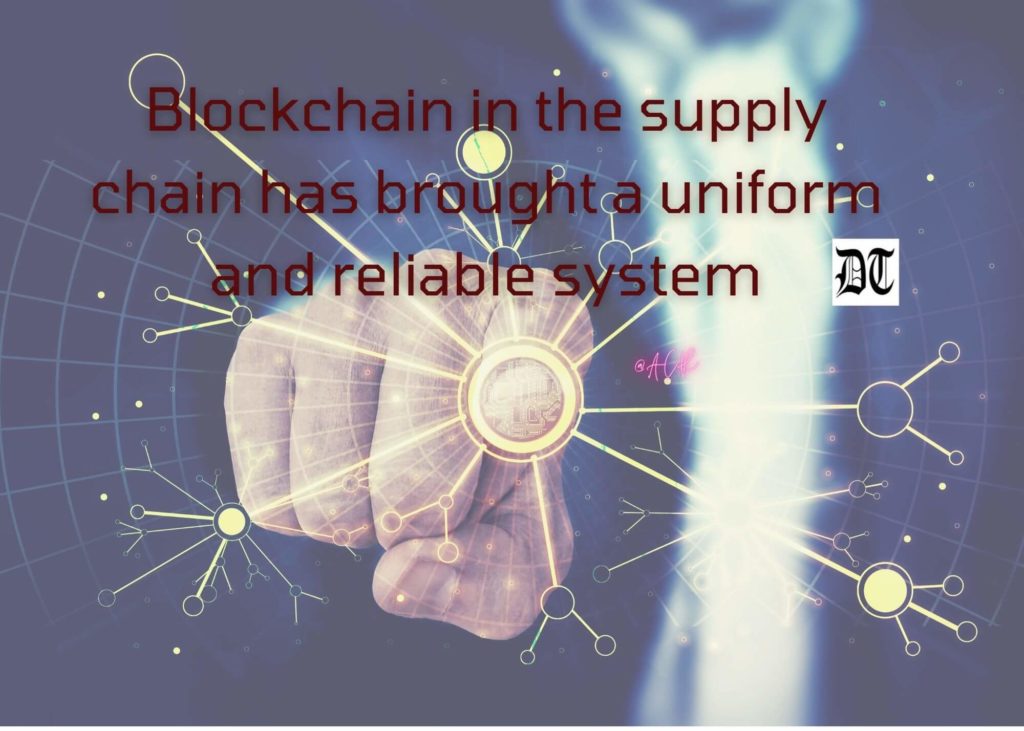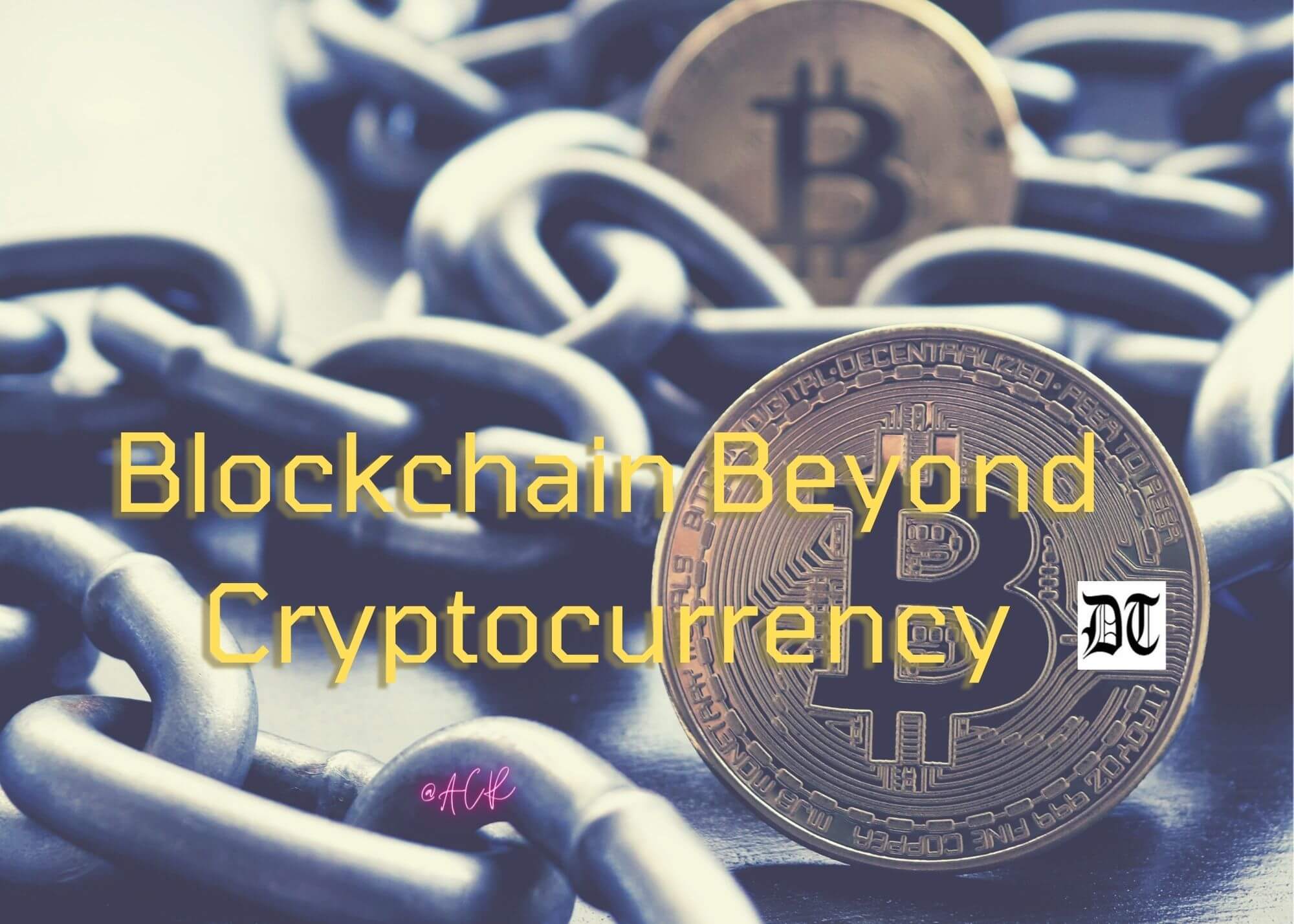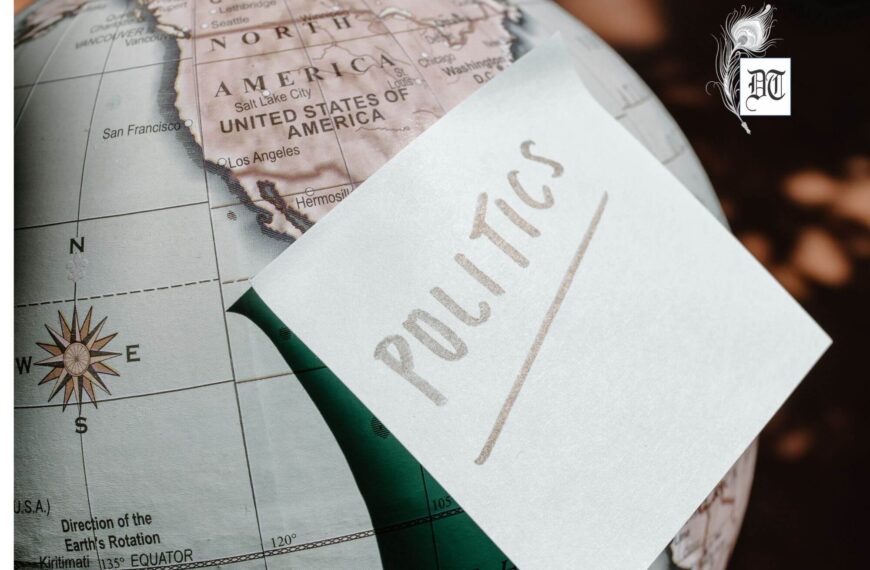Blockchain technology is no longer only confined to the boundaries of cryptocurrency and has now ventured into the domains of many other industries, explains Joydev. An exclusive for Different Truths.

Until a few years ago, blockchain technology was mostly associated with cryptocurrency. It was a belief that blockchain means cryptocurrency and cryptocurrency means blockchain! But that is not the truth. Blockchain technology is no longer only confined to the boundaries of cryptocurrency and has now ventured into the domains of many other industries.
Developed in 2008 by a group of developers, under the pseudonym of Satoshi Nakamoto, blockchain was used as a public ledger for cryptocurrency-related transactions. A technology that is just a decade old has now the potential to bring revolution in the markets beyond cryptocurrency.
Developed in 2008 by a group of developers, under the pseudonym of Satoshi Nakamoto, blockchain was used as a public ledger for cryptocurrency-related transactions.
In this 21st year of the 21st century, blockchain has gained significant importance. From simplifying and securing the online transactions to structuring the transportation of goods, blockchain is playing a game-changing role in any type of transactions that needs timely and accurate recording of value and time stamps. It also tracks the flow of information between parties in industries like trade, supply chain, and logistics.
Let us explore the use of blockchain beyond the realms of cryptocurrency.
1. Blockchain as a Service (BaaS)
Cloud computing has already made SaaS, IaaS, PaaS a technological trend in this era making software design and distribution as a service available for all.
Cloud computing has already made SaaS, IaaS, PaaS a technological trend in this era making software design and distribution as a service available for all. Technologies like IoT, AI, and ML has been the key behind adoption of these trends. Blockchain is likely to be the next.
Backed by tech giants like IBM, Amazon, and Microsoft, BaaS allows businesses to establish their own digital assets on the blockchain. A huge number of startups and businesses have already started using BaaS in the form of Smart Contracts, dApps (decentralised Applications), or services that operate without blockchain-based infrastructure configuration requirements.

2. Supply Chain Optimisation
Supply chains are known for their heavy paper-load procedures, apart from the usual barriers that come in the way of the movement of goods and logistics. The introduction of blockchain in the supply chain has brought a uniform and reliable system, distributed database, a system to deal with volumes of files and information, and mutual trust in the industry.
Blockchain, as a distributed ledger, can record and maintain large volumes of information…
Blockchain, as a distributed ledger, can record and maintain large volumes of information, giving each user his/her own access identity to the desired information. A centralised journal is maintained, bringing in more transparency and barrier-free supply of products with greater security and stability.
3. Non-Fungible Tokens
Non-Fungible Tokens or NFTs are digital properties consisting of photos, agreements, music, source codes, etc., that are stored digitally on blockchain. Once stored on blockchain as ‘digital antiques’, they cannot be duplicated or copied by any third party. This has drastically brought down the cases of copyright infringement.
Bitcoins are blockchain verified digital currencies whereas NFTs are blockchain verified digital artworks.
They are like Bitcoins. Bitcoins are blockchain verified digital currencies whereas NFTs are blockchain verified digital artworks. One can trade, sell, or purchase such art works through blockchain, which keeps complete record of all transactions.
It is essential to mention that with the evolution of technology, keeping blockchain out of the list or only confining it to cryptocurrency would be a foolish act. With technologies like IoT, Cloud Computing, AI, ML taking over the industry, blockchain has traded up itself in the last few years and is going to be the next big revolution in the technological race.
Visuals by Different Truths





 By
By

 By
By